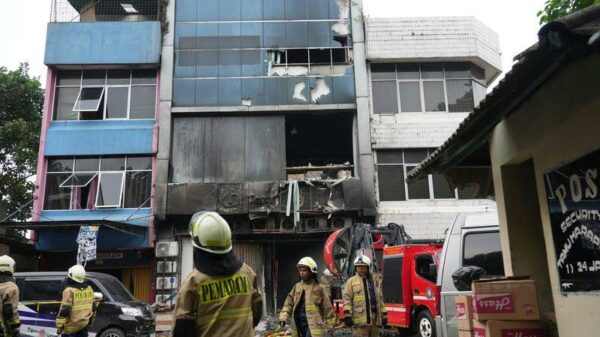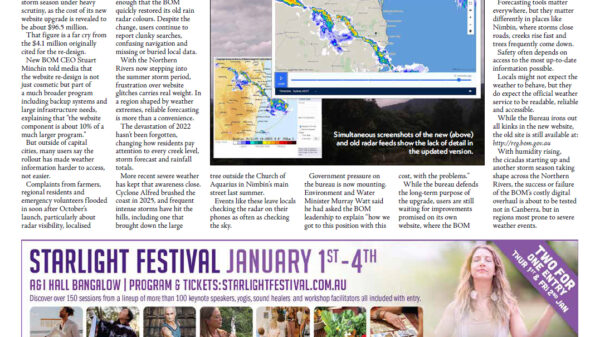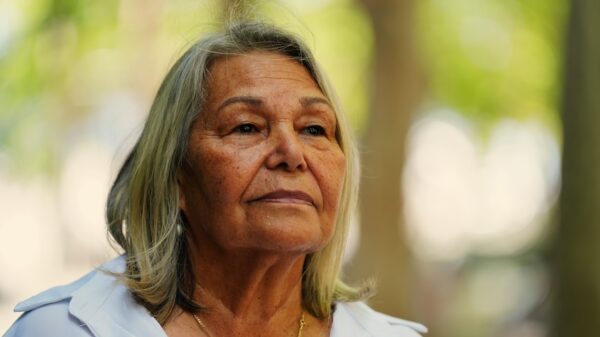UPDATE: South Australia’s tourism industry is facing a severe crisis as reports of mass cancellations flood in due to an alarming algal bloom. The situation, which has already devastated marine life, is prompting urgent government intervention to mitigate its impacts on local businesses.
As of October 10, 2023, the algal bloom, first identified off the Fleurieu Peninsula in March, has resulted in the deaths of tens of thousands of marine animals and is now spreading along the coastline. The state’s tourism sector is bracing for a significant downturn as cancellations for spring and summer trips surge.
“What we’re seeing in tourism right now is significant cancellations of people undertaking trips to our coastal areas,” stated Shaun de Bruyn, CEO of the Tourism Industry Council SA. “It’s very worrying, and we have communicated to the government that our concerns extend beyond the immediate effects to the upcoming seasons.”
In response, South Australian Premier Peter Malinauskas announced a robust support package on Tuesday, matching the $14 million commitment made by federal Environment Minister Murray Watt. This investment aims to bolster research and monitoring capabilities for harmful algal blooms. “We cannot predict the future of this situation,” Malinauskas added, emphasizing the need for continued support.
The funding package includes a groundbreaking $8.5 million initiative to establish a coastal science and research network, enhancing early detection and monitoring of harmful algal species. Additionally, $3 million will be allocated for a rapid assessment of fish stocks, while a new $2 million national testing laboratory in South Australia will eliminate the need to send samples to New Zealand for analysis.
Public forums and information campaigns are set to improve communication with stakeholders, addressing the spread of misinformation regarding the algal bloom. Malinauskas expressed concern over misleading theories circulating on social media that inaccurately link the bloom to the operation of the desalination plant.
Small businesses will also receive support through $10,000 grants; however, the overall criteria and time frames for access to these funds have yet to be finalized. Opposition Leader Vincent Tarzia criticized the assistance, stating that “$10,000 falls far short” of what industries require, particularly as some fishers report they have not caught a single fish since April.
While the federal government has declined to classify the algal bloom crisis as a national disaster—an action that would unlock additional support—Malinauskas is committed to advocating for that designation. “We will continue to push for a declaration,” he asserted, highlighting the urgent need for comprehensive assistance in the face of this environmental emergency.
As the situation develops, the local tourism industry urges immediate action and support to safeguard businesses and livelihoods that are at risk. Stakeholders are closely monitoring the implications of this crisis as they prepare for the critical upcoming tourist seasons.





























































